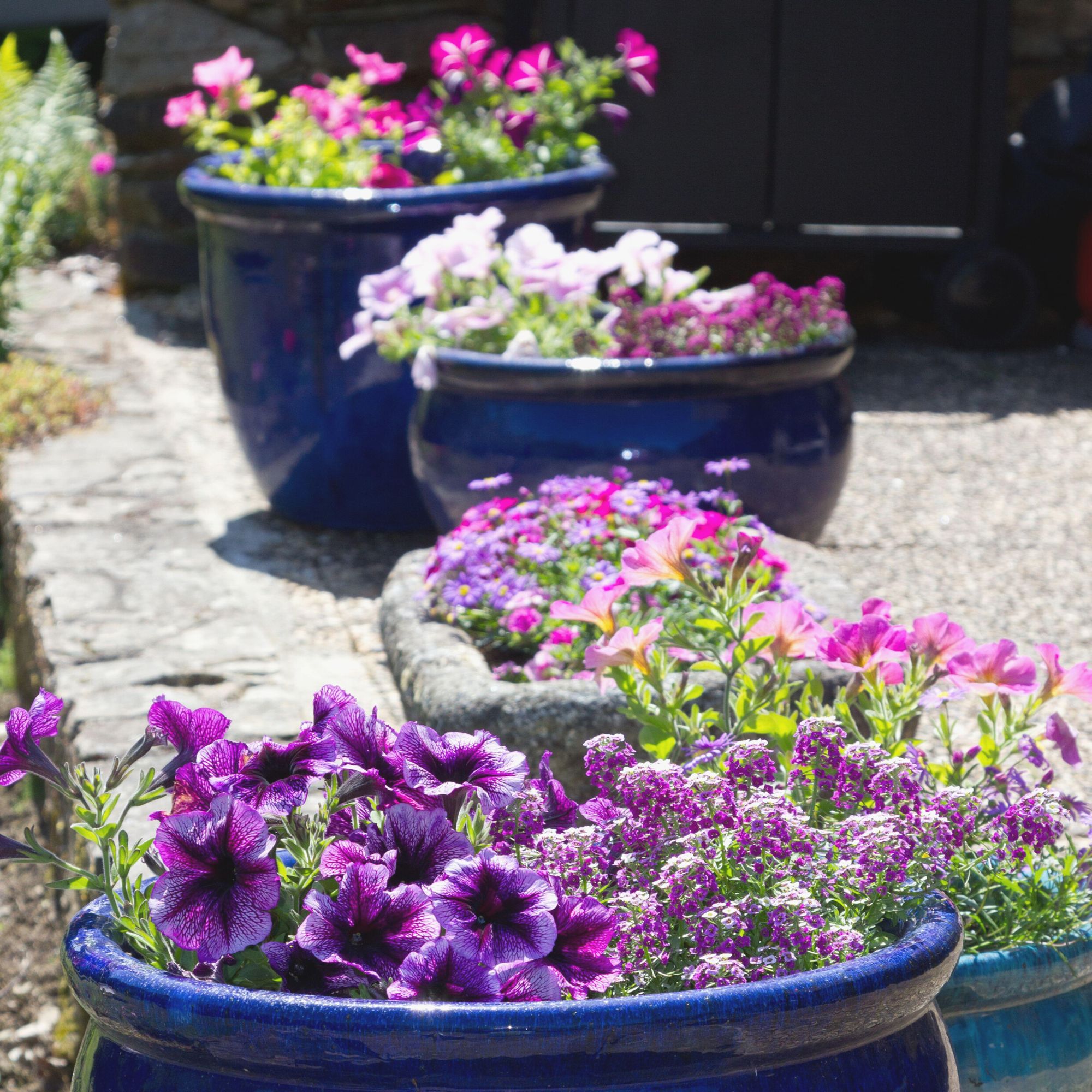
Slugs are among the most common pests you'll see in the garden, particularly after dark when they're most active. If you've exhausted your list of slug hacks and you just can't stop them snacking on your garden, you might want to try growing the bedding plants that slugs hate.
These critters can threaten our best garden ideas, so knowing how to get rid of slugs naturally can save hours spent salvaging your plants.
‘It’s possible to design your garden in a way that will mitigate your pest problem by choosing plants that won’t attract slugs,’ says Jamie Shipley, gardening expert and managing director at Hedges Direct.
And while there are many plants that slugs love, there are lots that they hate, according to garden experts. We've rounded up some of the bedding plants that slugs hate to help you slug-proof your garden this season.
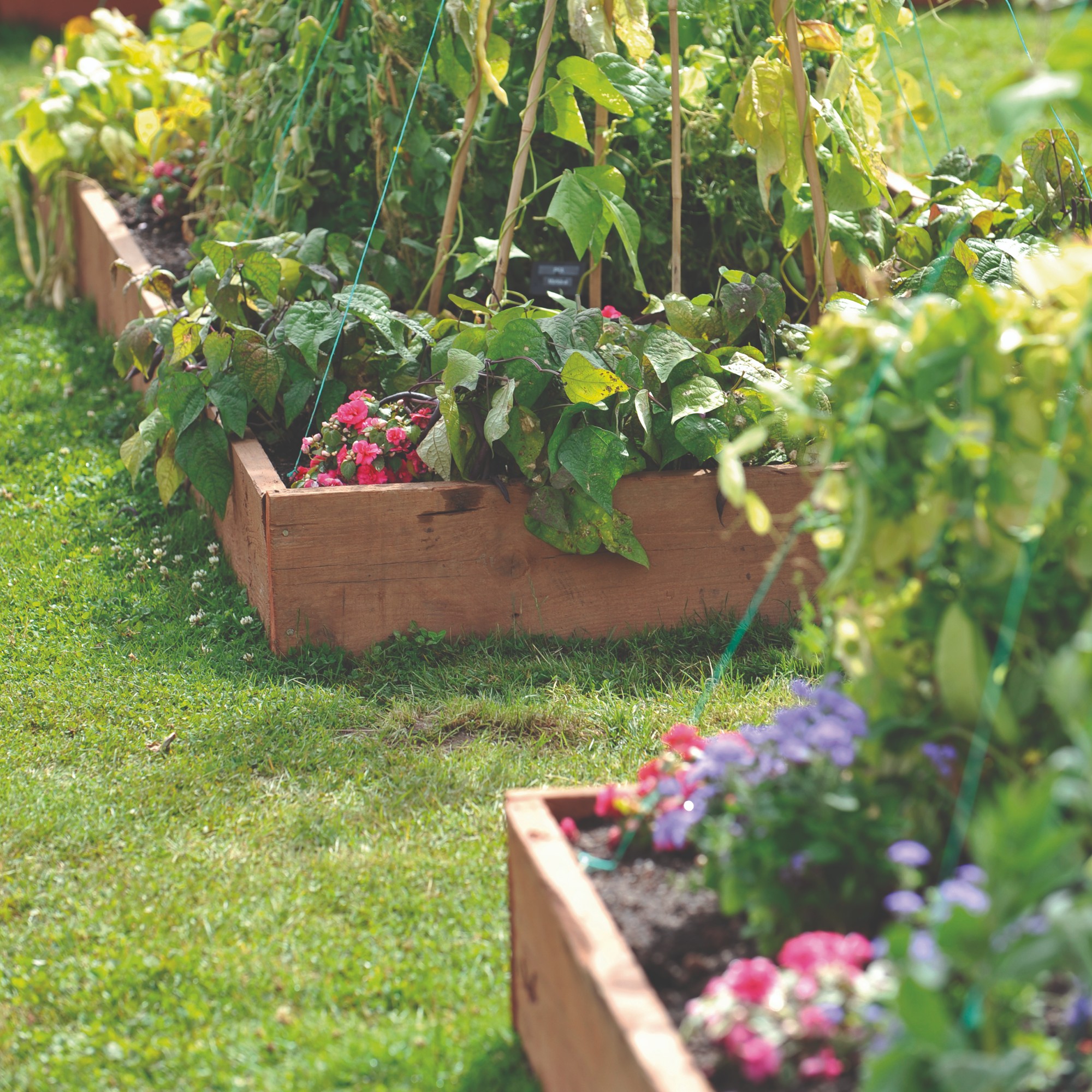
6 bedding plants that slugs hate
Bedding plants are fast-growing and can provide colourful displays for the best flower bed ideas. Not only do they look attractive, many varieties double up as slug deterrents.
‘Slugs and snails like chewing greenery to make a path for themselves, but there are certain plants they’ll avoid, specifically thick-leaf plants that are hard for them to chew through and highly fragrant ones,' says Petar Ivanov, Fantastic Gardeners' gardening and plant expert.
We've selected six bedding plants that slugs hate to help you bolster your garden defences.
1. Euphorbia
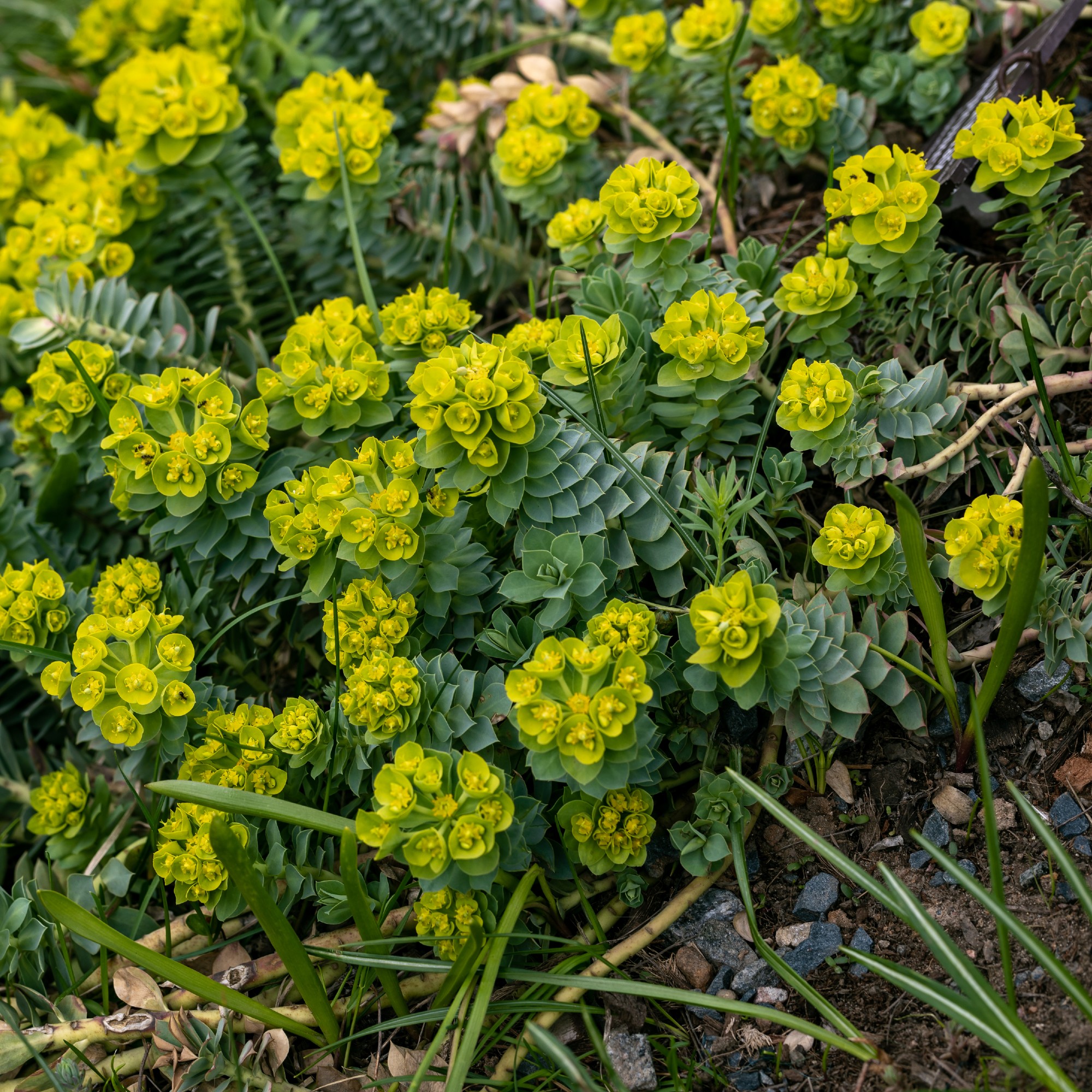
Euphorbia isn't just one of the best ground cover plants for preventing weeds – it's also toxic to slugs.
'Commonly referred to as spurge, both the stems and leaves of euphorbias contain a milky, irritant sap with a bitter taste that slugs can't stomach,' says Lucie Bradley, gardening and greenhouse expert at Two Wests & Elliott. 'Because the sap is an irritant, you should avoid getting it on your skin when gardening.
Where to buy euphorbia:
- Primrose: Euphorbia Characias Subsp. Wulfenii Spurge
- Crocus: Euphorbia palustris
2. Foxgloves
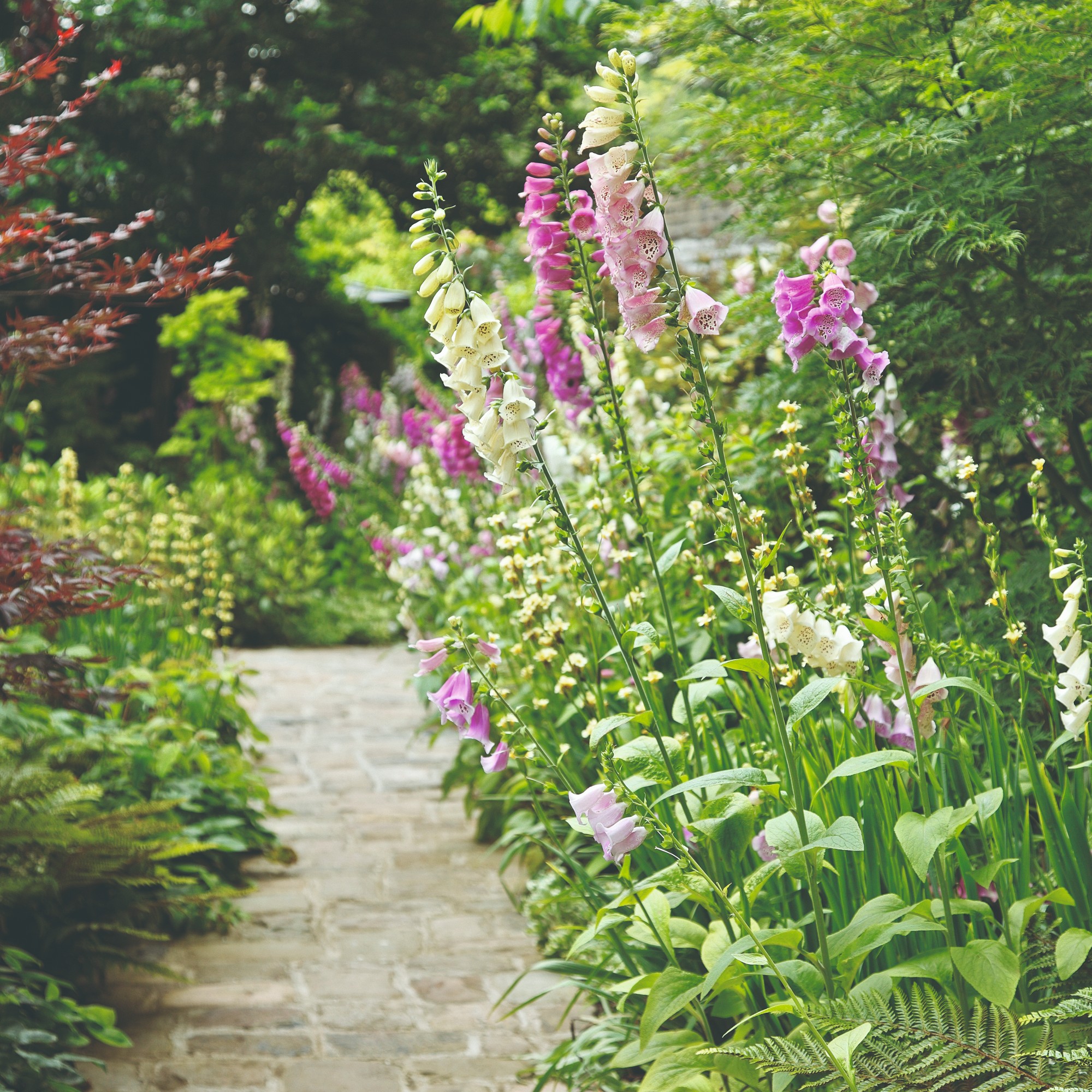
Foxgloves are the representation of any perfect cottage garden idea. But these beautiful, tall blooms are also great slug deterrents.
‘These plants have toxic leaves so slugs will give them a wide berth,’ Jamie says.
And spring is the perfect time if you're thinking about when to plant foxglove seeds so you'd better get to it.
Where to buy foxglove seeds:
- J. Parker's: Common Foxglove Digitalis purpurea – Mixed
- Thompson & Morgan: Foxglove 'Candy Mountain'
3. Lavender
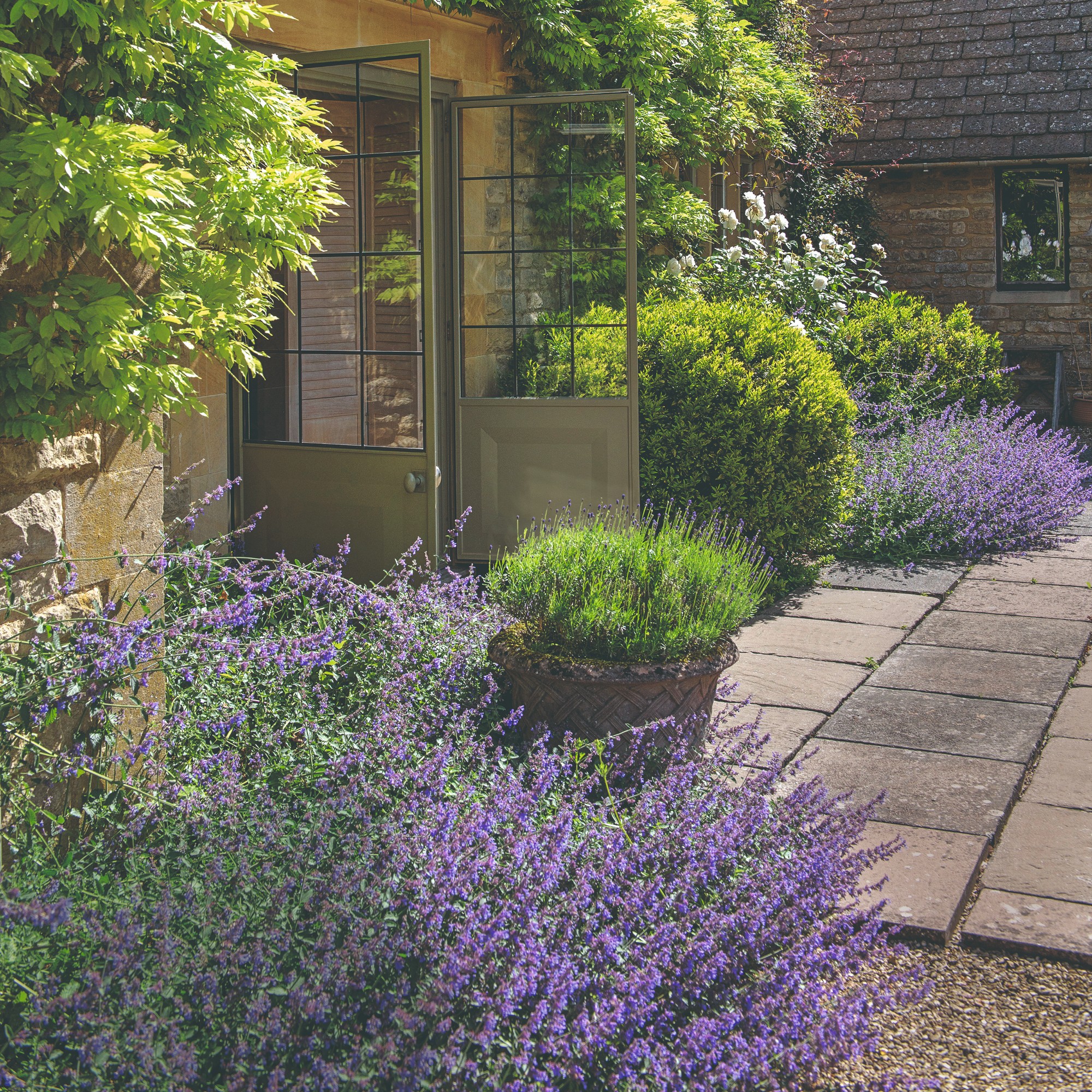
While people love the relaxing smell of lavender, slugs on the hand don’t care for it (or any other strong fragrance for that matter) and will avoid it at all costs.
‘Slugs are known to dislike plants with a strong fragrance, such as lavender,’ Petar confirms. ‘If you place lavender strategically around the garden, it will help protect other plants from them and create a fragrant barrier against the gastropods.’
Jamie adds some tips on how to grow lavender, ‘English Lavender flowers in the summer and it’s important to prune your shrubs regularly to maintain the health and long life of the plant. Pruning should be done as soon as the flowers start to fade - usually in early September. Lavender is hardy and can handle a hard pruning so I recommend removing a third of the plant, even if this seems extreme.’
Where to buy lavender:
- Waitrose Garden: Lavandula angustifolia 'Munstead'
- Crocus: Lavandula angustifolia 'Imperial Gem'
4. Geraniums
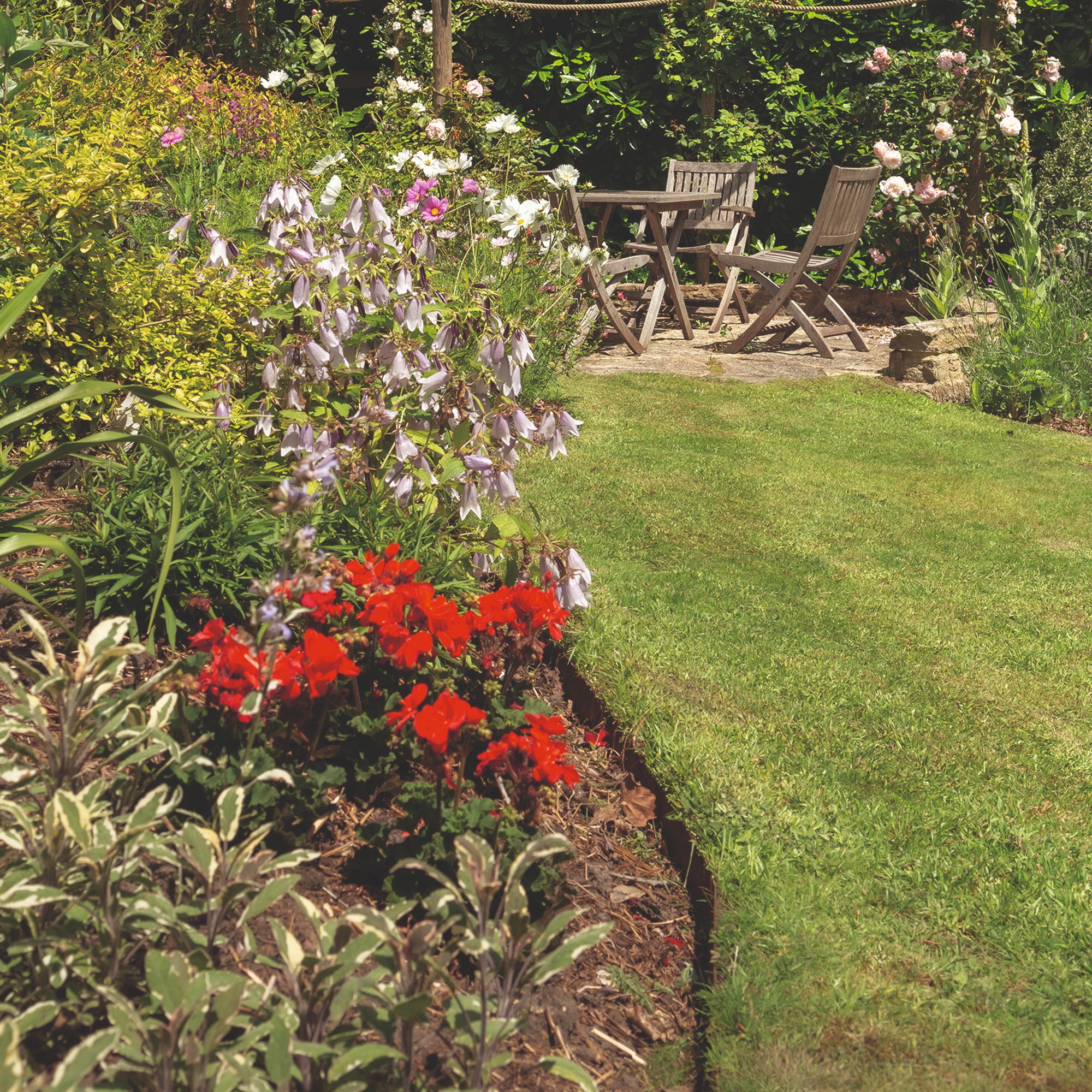
Geraniums are some of the most popular bedding plants so it’s pretty handy that slugs are no fans of them.
‘Geraniums have hairy leaves which makes them hard for slugs to travel across and munch on. Geraniums are also very hardy and a great ground-covering plants that will help to suppress not only these garden pests but also weeds,’ Petar notes.
Two birds with one stone, as they say.
Opting for moist, well-draining soil is best when it comes to how to grow geraniums, according to Jamie. ‘Geraniums thrive in moist, well draining soil which receives plenty of direct sunlight throughout the day.’
Where to buy geraniums:
- Dobies: Geranium 'Rozanne'
- Primrose: Geranium 'Red Shades'
5. Rosemary
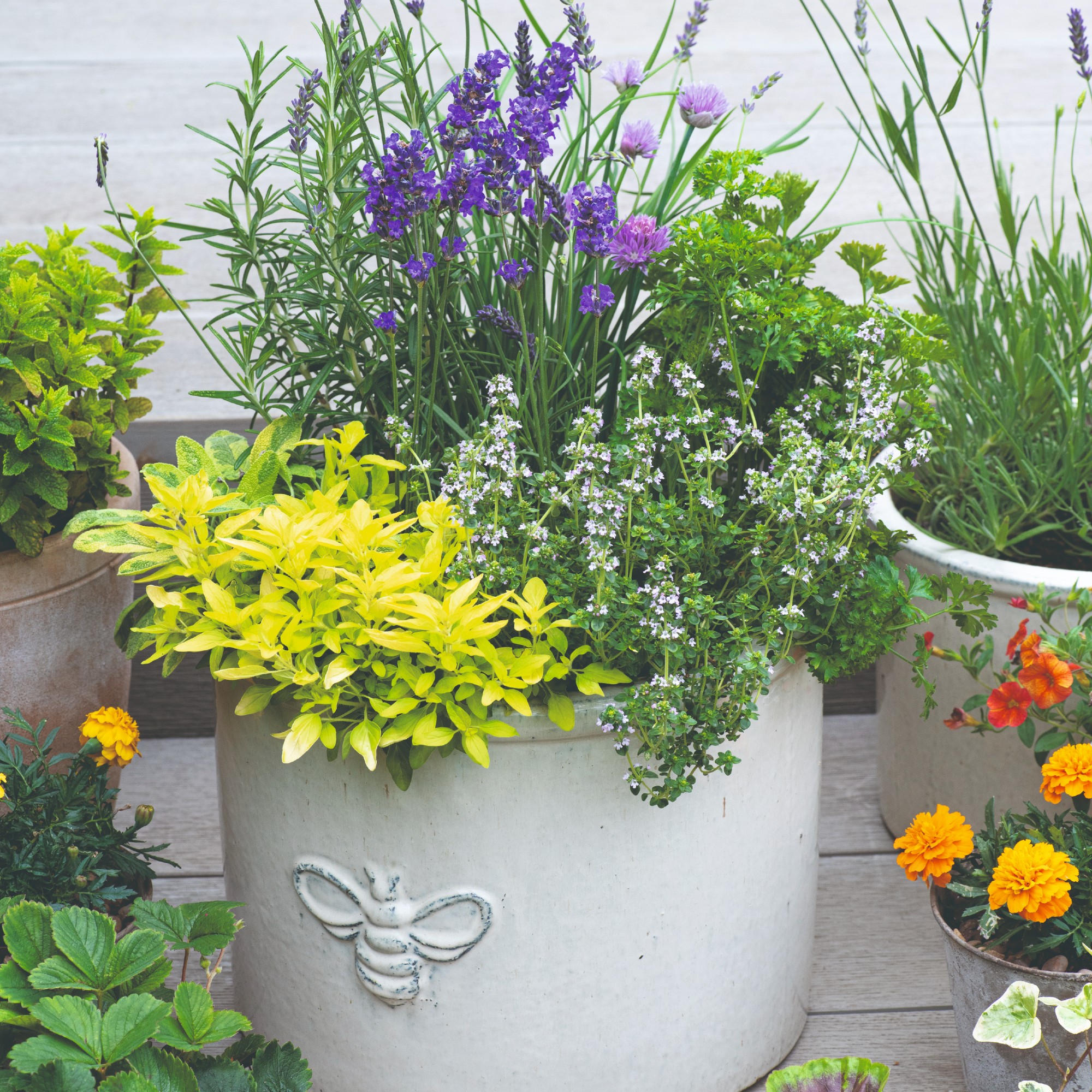
Herbs in general are very good at putting slugs off. But rosemary works well in particular, thanks to its strong, beautiful fragrance which the pests again don’t like.
‘Slugs will stay clear of your herb garden due to the fragrance and tough foliage of plants like rosemary,’ Jamie says.
Petar continues with some tips on how to grow rosemary, ‘Rosemary is a simple-to-grow plant that flowers throughout the whole year. Its fragrance can be off-putting for slugs and snails, warding them away from the garden and a rosemary bush can live up to 20 years, offering two decades of slug-free garden.’
Where to buy rosemary:
- B&Q: Rosemary Herb Plant in 14cm Pot
- Waitrose Garden: Rosemary Salvia rosmarinus
6. Hydrangeas
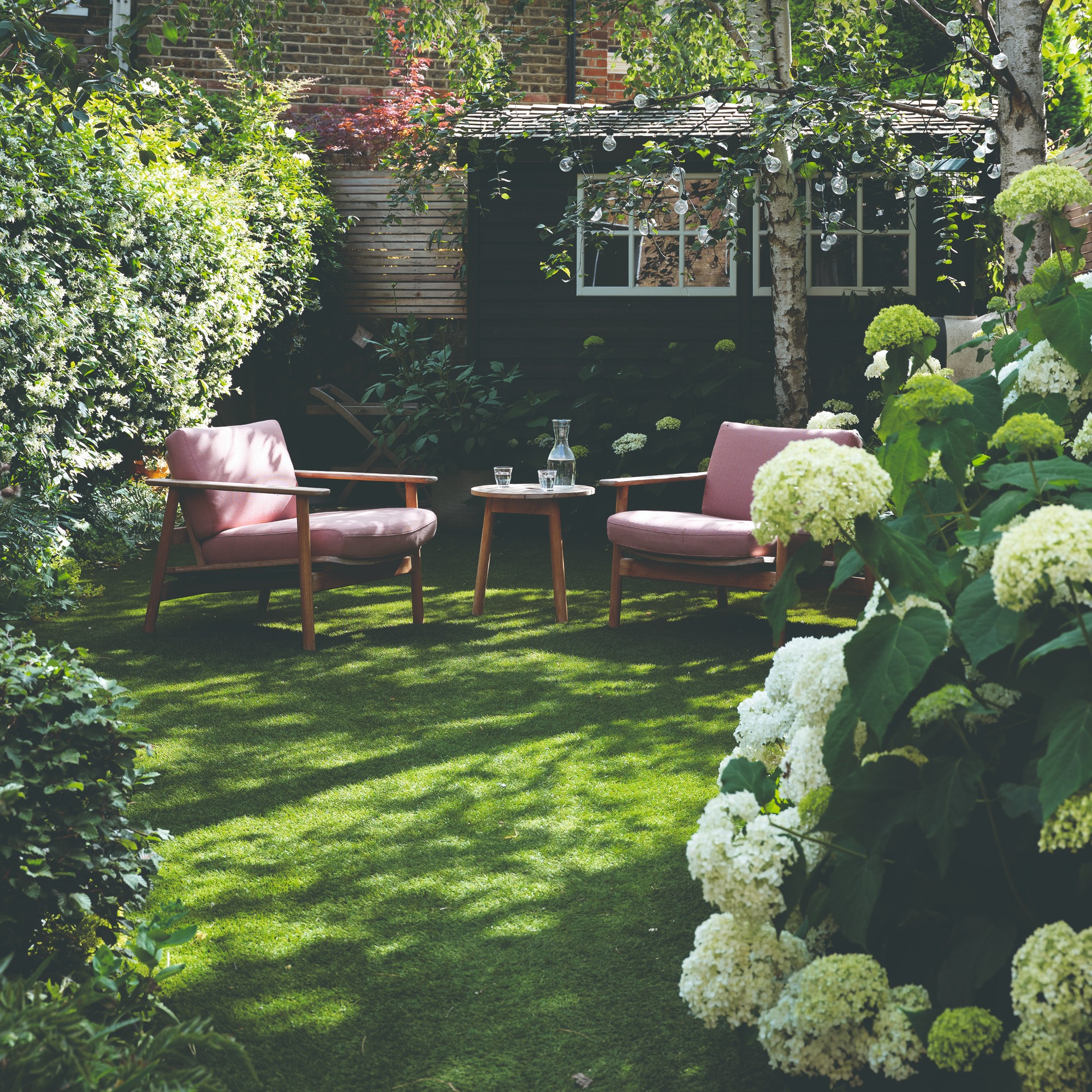
‘Hydrangeas can create a barrier against these slimy pests and they are a wonderful addition to a back garden because of their ability to change colour in different soil types, making them very exciting shrubs,’ Petar says.
It’s lucky that hydrangeas and their big, bouncy blooms are so widely loved and admired. If you're wondering how to take hydrangea cuttings, July and August are the perfect months to do this.
Where to buy hydrangeas:
- Thompson & Morgan: Hydrangea arborescens 'Strong Annabelle'
- Gardening Express: Giant Blue Mophead Hydrangea macrophylla' Pimpernel'
FAQs
What bedding plants do slugs not eat?
We've already listed the main bedding plants that slugs hate, but there are a couple more options to consider.
'Slugs are very unlikely to eat Cyclamen, so they are a safe choice,' says Morris Hankinson, founder of Hopes Grove Nurseries.
'Plus, annual and perennial campanulas seem to be disliked by slugs, which is great news because they are lovely plants to grow. Perennials can be grown in garden borders and annuals to trail in a summer hanging basket without slugs devouring them.'
How do I keep slugs and snails from eating my bedding plants?
As well as planting the above, there are various tried-and-tested slug hacks that you can experiment with.
'Crushed eggshells, sheep wool pellets, rough mulches, organic slug pellets and powder are all popular options,' says Morris from Hopes Grove Nurseries. 'In pots and containers, try taping some copper tape around the pot which slugs do not like to pass.
'A garlic wash is another great way and very successful for bedding plants when it comes to deterring slugs. The smell of garlic is a great deterrent. Simply boil two full garlic bulbs in a saucepan of water, giving them a squish to get as much garlic juice out as you can, strain and store in a cool place. Use one part garlic to ten parts water and spray on your plants. Regular application is needed, especially when it's raining, but it really does work!'
With these bedding plants in your arsenal, slugs should start to become a rarer sight in the garden.







